
Barbara Burtness, MD, professor of Medicine, Yale Cancer Center, discusses immunotherapy in patients with head and neck cancer who have radioresistance.

Your AI-Trained Oncology Knowledge Connection!


Barbara Burtness, MD, professor of Medicine, Yale Cancer Center, discusses immunotherapy in patients with head and neck cancer who have radioresistance.

Inspired by the long tradition of innovation at Yale University, particularly in the life sciences, The Blavatnik Family Foundation has donated $10 million to Yale University to promote and to accelerate the development, application, and commercialization of breakthrough research in the life sciences.


The Yale School of Medicine, partnering with Yale New Haven Hospital, took the next step toward personalized medicine, cutting the ribbon on its Center for Genome Analysis on Yale’s West Campus.

Radiotherapy alone is often used to treat early-stage glottic cancer, a cancer of the vocal chords, however, the optimal radiation treatment schedule remains unknown.

In some cases, the Lassa virus starts with a fever and general weakness, moving toward headache, muscle pain, possible facial swelling, deafness, and worse. About 15 percent of patients hospitalized with severe cases die.

An early round of clinical testing shows that users of nivolumab (Opdivo), a drug sanctioned for treatment of small-cell lung cancer, more than tripled their five-year survival rate beyond the statistical average.
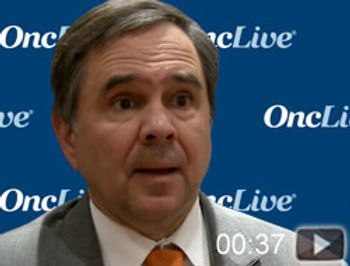
Daniel P. Petrylak, MD, professor of Medicine (Medical Oncology) and Urology, co-director, Signal Transduction Research Program, Yale Cancer Center, discusses the FDA approval of pembrolizumab (Keytruda) for the treatment of patients with bladder cancer.
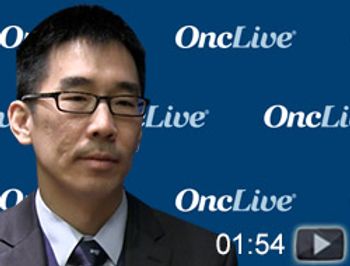
James B. Yu, MD, associate professor, therapeutic oncology, director, Prostate and Genitourinary Cancer Radiotherapy Program, Yale Cancer Center, discusses the significance of the PROTECT study results in prostate cancer.
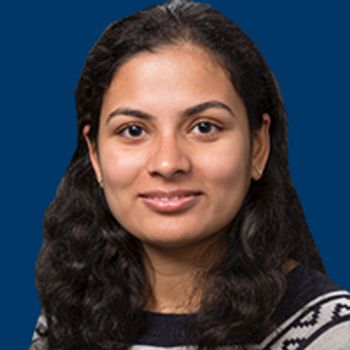
Aarti Bhatia, MD, highlights the newer single agents and combination treatments being investigated for patients with head and neck cancer.
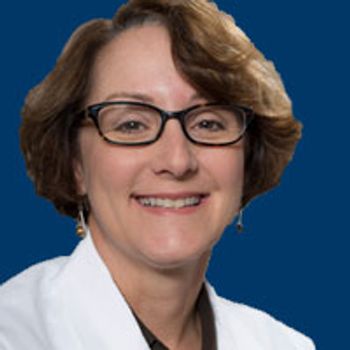
Lynn Acton, MS, CCC (SLP), discusses the significance of swallowing modalities for patients with head and neck cancer.
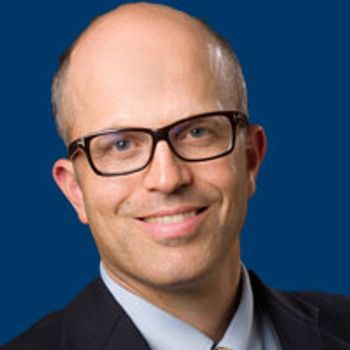
Benjamin L. Judson, MD, highlights the importance of a multidisciplinary team and shares insight on some of the advancements related to surgery for patients with head and neck cancer.
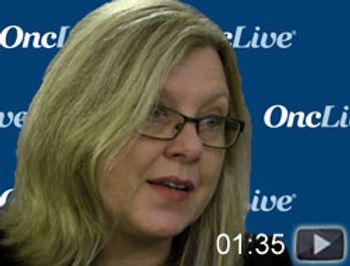
Barbara Burtness, MD, professor of Medicine, Yale Cancer Center, discusses the evolution of molecular testing in head and neck cancer.
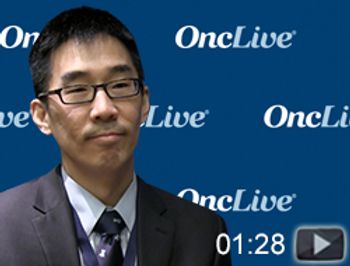
James B. Yu, MD, associate professor, therapeutic oncology, director, Prostate and Genitourinary Cancer Radiotherapy Program, Yale Cancer Center, discusses current data in support of using moderate hypofractionation in prostate cancer.
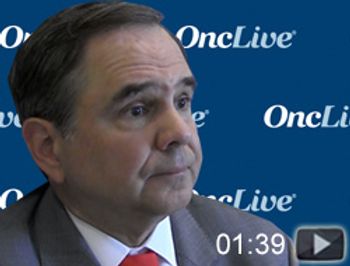
Daniel P. Petrylak, MD, professor of Medicine (Medical Oncology) and Urology, co-director, Signal Transduction Research Program, Yale School of Medicine, discusses the updates of a study of atezolizumab in patients with metastatic urothelial carcinoma (mUC).

In a new study, Yale Cancer Center researchers identified a novel genetic defect that prevents brain tumor cells from repairing damaged DNA.

Harold H. Tara, Jr., MD, has been appointed Medical Director of the Smilow Cancer Hospital Care Centers in Trumbull and Fairfield, Connecticut. Dr. Tara has been a member of the Yale community for 20 years and his leadership will ensure that the centers continue to offer patients the best care available, along with the latest treatment options through clinical trials.
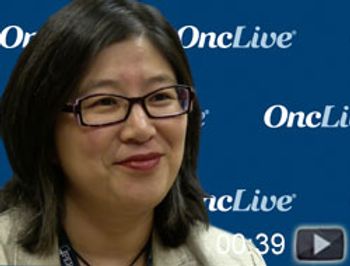
Anne Chiang, MD, PhD, professor and thoracic oncologist at Yale Cancer Center, discusses immunotherapy in specific patient populations with lung cancer.
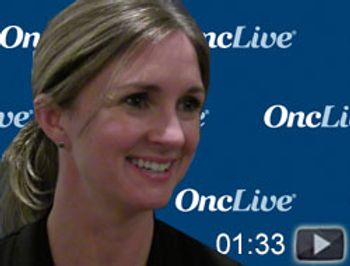
Tara Sanft, MD, assistant professor of Medicine, medical director of Adult Survivorship for Yale Cancer Center Survivorship Clinic, discusses sequencing of treatments for patients with HER2-positive breast cancer.
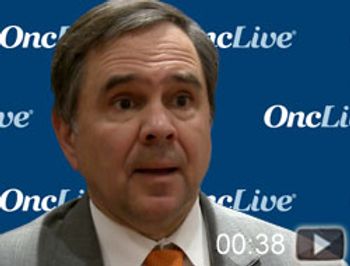
Daniel P. Petrylak, MD, professor of Medicine (Medical Oncology) and Urology, co-director, Signal Transduction Research Program, Yale Cancer Center, discusses the FDA approval of nivolumab (Opdivo) as a treatment for patients with locally advanced unresectable or metastatic urothelial carcinoma following progression on a platinum-containing therapy, based on findings from the phase II CheckMate-275 study.
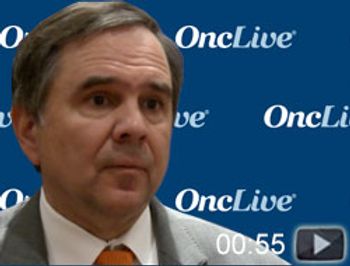
Daniel P. Petrylak, MD, professor of Medicine and Urology, Yale Cancer Center, discusses immune checkpoint inhibitors that are currently being evaluated for the treatment of patients with bladder cancer.

Researchers at Yale Cancer Center and Yale Medicine have identified the critical target of new immune-checkpoint therapies: subsets of immune cells called tissue resident memory (TRM) T cells. In the same research, scientists also found that individual metastatic cancer lesions contain unique sets of TRM cells.

To better understand how cancer initiates and spreads, Yale associate professor of pathology Qin Yan turned to the field of epigenetics, which examines changes in the expression of genes and proteins that do not affect the underlying genetic codes.

The regular use of aspirin lowers the risk for pancreatic cancer by almost 50 percent, a new study in China led by the Yale School of Public Health finds.

A new Yale study suggests that patients with a common form of lung cancer may still benefit from delayed chemotherapy started up to four months after surgery, according to the researchers.
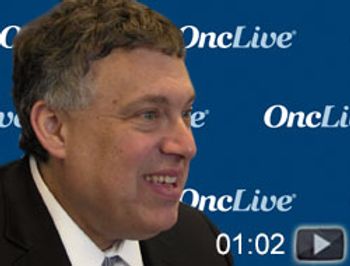
Roy S. Herbst, MD, PhD, ensign professor of Medicine, professor of Pharmacology, chief of Medical Oncology, associate director for Translational Research, Yale Cancer Center and Smilow Cancer Hospital, discusses combination therapies for patients with lung cancer.
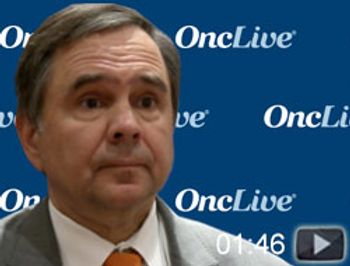
Daniel P. Petrylak, MD, professor of Medicine and Urology, Yale Cancer Center, discusses major targeted agents currently being studied in the treatment of patients with bladder cancer.
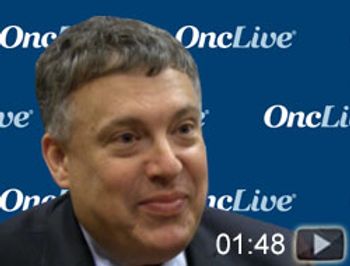
Roy S. Herbst, MD, PhD, professor of Medicine, chief of Medical Oncology, Yale Cancer Center and Smilow Cancer Hospital, discusses the impact that immunotherapy has had on the frontline treatment of patients with lung cancer.
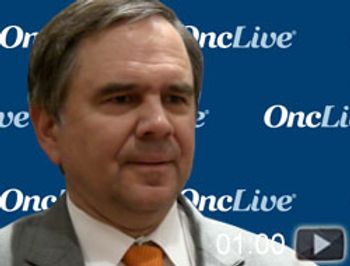
Daniel P. Petrylak, MD, professor of Medicine and Urology, Yale Cancer Center, discusses the recent explosion of immunotherapy research in the treatment landscape of bladder cancer.

Barbara Burtness, MD, professor of Medicine, Yale Cancer Center, discusses current treatment approaches for patients with human pappillomavirus (HPV)-positive head and neck cancer, as well as potential changes for those regimens.